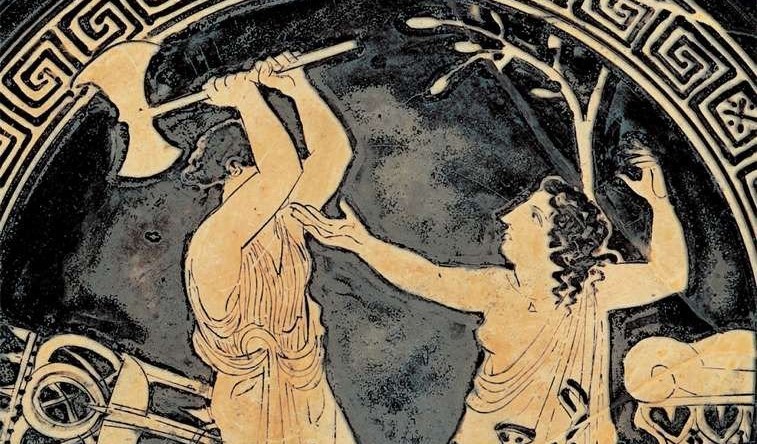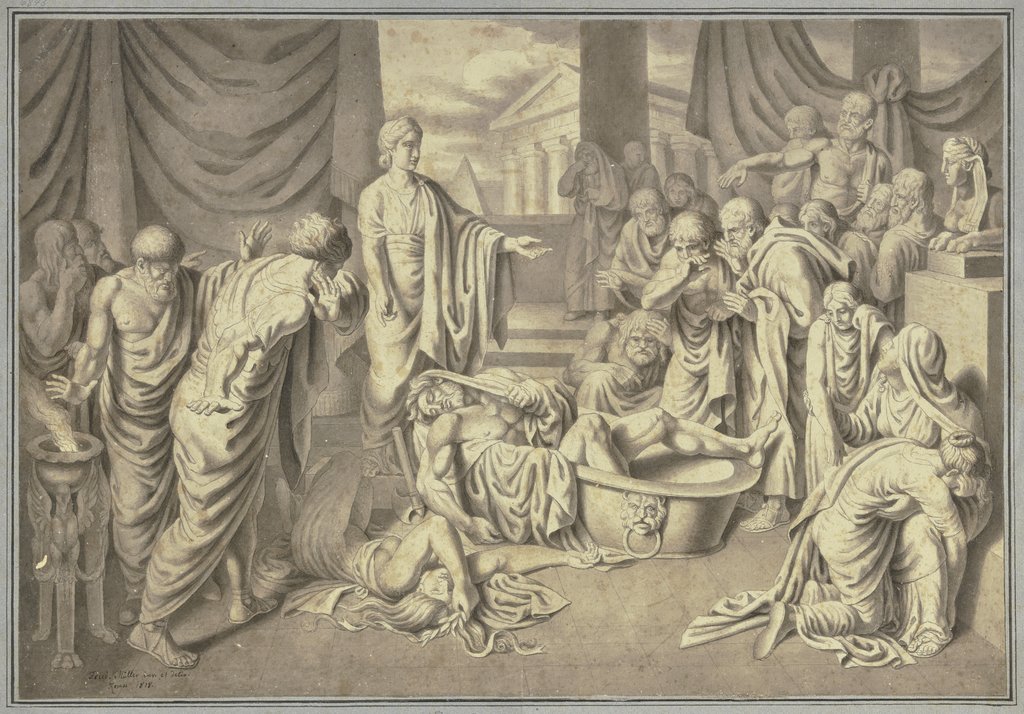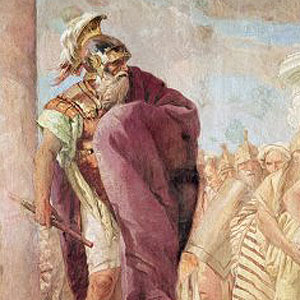Written by Stella Samaras, Contributing Writer, Classical Wisdom Weekly “The poet’s grace, the singer’s fire, Grow with his years; and I can still speak truth With the clear ring the God’s inspire…” Aeschylus, Chorus from Agamemnon In 458 BCE, the aging Aeschylus was a contender at the Dionysia. Athens, although enjoying peace between the Persian



